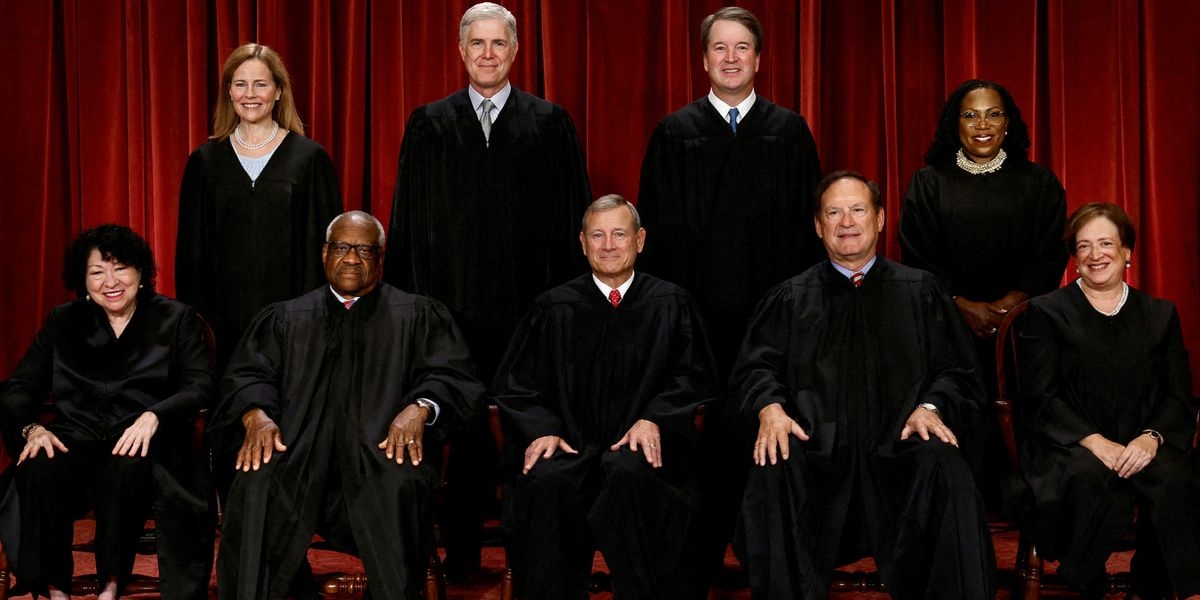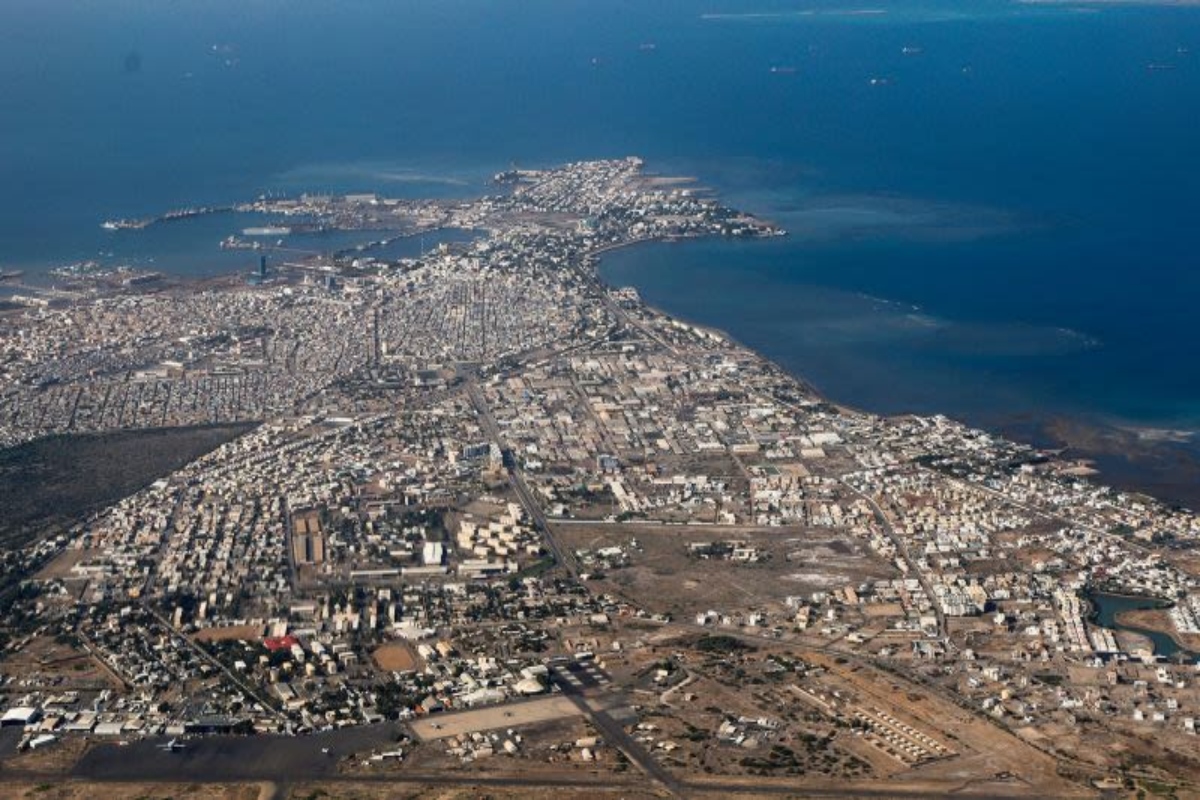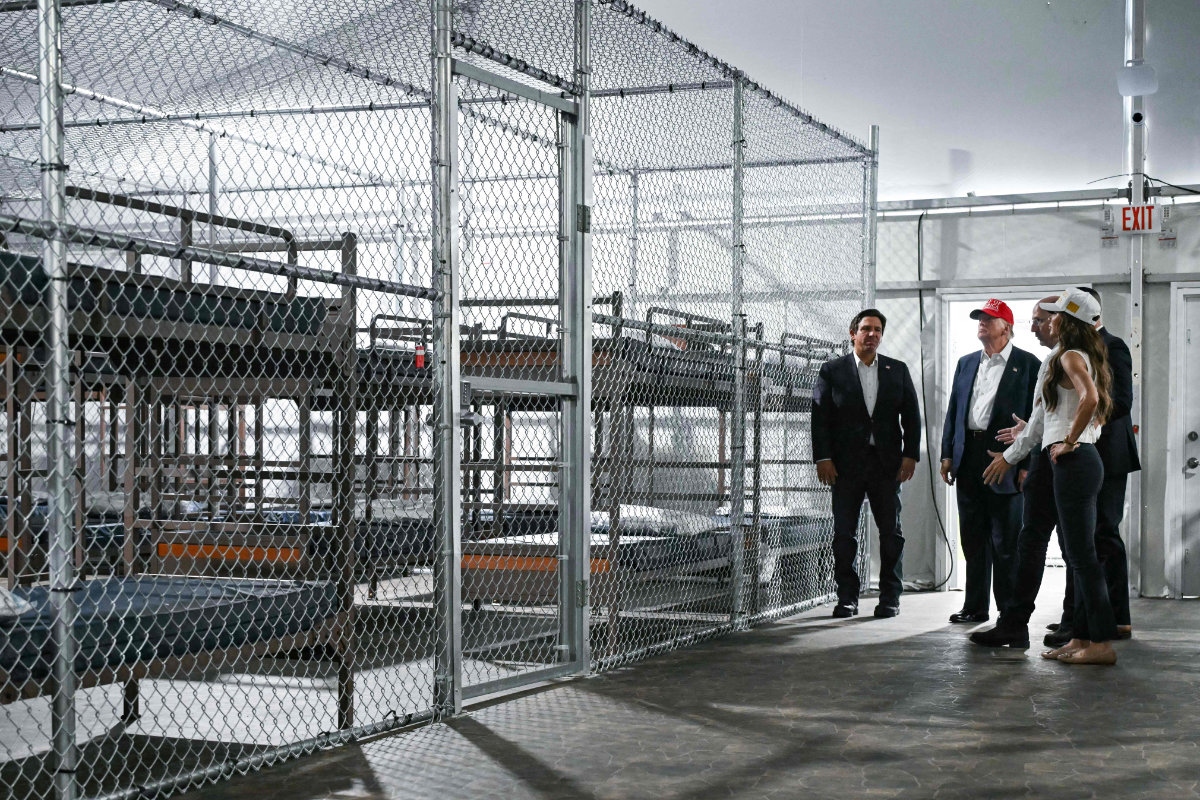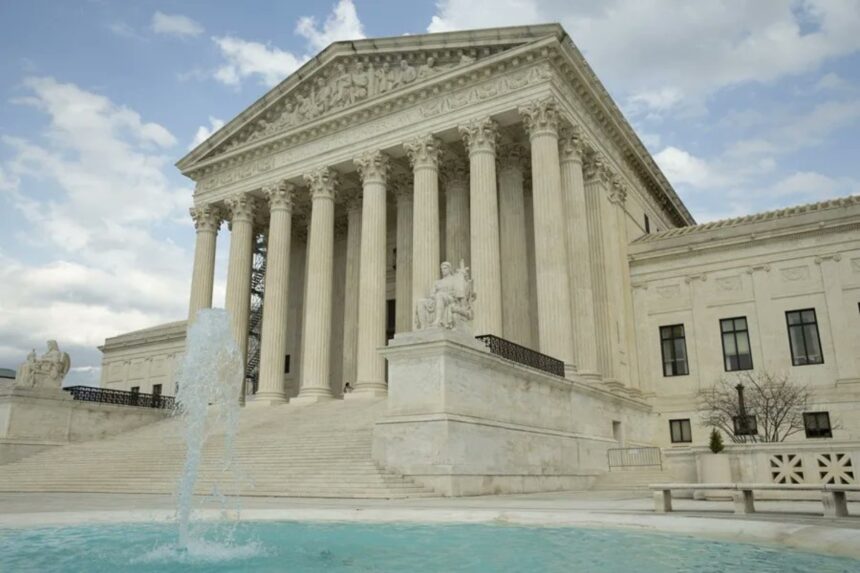This July 3, 2025, the U.S. Supreme Court issued a decision allowing President Donald Trump’s administration to proceed with the deportation of eight immigrants to South Sudan, a country affected by armed conflict and humanitarian crises.
This measure has raised concerns among human rights organizations and has generated intense debate on current migration policies.
Context of the ruling

The Supreme Court’s decision reverses a previous federal judge’s order preventing the deportation of the eight immigrants.
He argued that they could face torture or persecution in South Sudan.
The immigrants, originally from countries such as Cuba, Mexico, Laos, Burma and Vietnam, have been detained at a military base in Djibouti for more than a month.
The Trump administration maintains that it has received diplomatic assurances from South Sudan about the treatment of deportees.
Although human rights organizations question the reliability of these promises.
Reactions and criticisms

The decision has been met with criticism from human rights advocates and some members of the Supreme Court itself.
Justices Sonia Sotomayor and Ketanji Brown Jackson expressed their disagreement.
This measure has raised concerns among human rights organizations
They point out that the measure could expose immigrants to serious dangers without offering them an adequate opportunity to defend themselves legally.
Organizations such as the National Immigration Litigation Alliance have warned that deportees could face imprisonment, torture or even death in South Sudan.
Implications for the Hispanic community

Although only one of the eight immigrants is originally from South Sudan, the Supreme Court’s decision sets a troubling precedent for the immigrant community in the United States.
Especially for those who could be deported to third countries with dangerous conditions.
The lack of legal guarantees and the possibility of being sent to nations in conflict generate uncertainty and fear among Hispanic immigrants residing in the country.
In this situation, it is essential that immigrants seek legal advice and stay informed about their rights.
Community organizations and human rights advocates are working to provide support and guidance to those who may be affected by these policies.
For more information, visit QuéOnnda.com.























